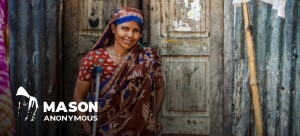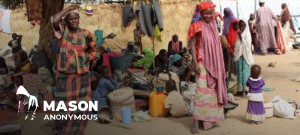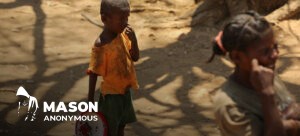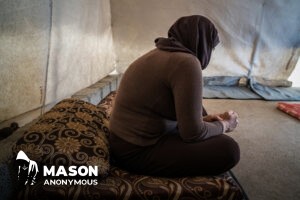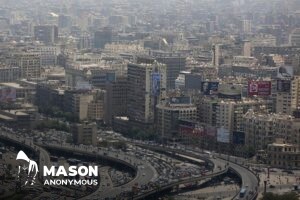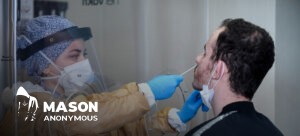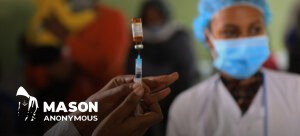The UN chief was addressing countries that are party to the 2006 Convention on the Rights of Persons with Disabilities, which he stressed can only be fully implemented by tackling the obstacles, injustices and discrimination that this population experiences.
“Realizing the rights of persons with disabilities is crucial to fulfilling the core promise of the 2030 Agenda: to leave no one behind,” he said, referring to the global action plan to bring about a more just and sustainable world.
“In all our actions, our goal is clear: a world in which all persons can enjoy equal opportunities, participate in decision-making and truly benefit from economic, social, political and cultural life. That is a goal worth fighting for.”
Pandemic widens inequalities
The 13th session of the Conference of States Parties to the Convention (COSP13) is taking place ahead of the International Day of Persons with Disabilities, commemorated annually on 3 December.
Like most UN events this year, it is being held in the shadow of the COVID-19 pandemic, with participants meeting both in person and online.
The pandemic has deepened pre-existing inequalities affecting the world’s one billion persons with disabilities, the Secretary-General said. Even under normal circumstances they were already less likely to access education, healthcare and jobs, or to be included in their communities.
A long way to go
The Chair of the UN Committee on the Rights of Persons with Disabilities echoed this assessment. Danlami Umaru Basharu was concerned that structural barriers, exclusion and discrimination have worsened during the crisis.
“While I celebrate that there now 182 parties to the Convention, the pandemic has made evident that there is still a long way to go in fully understanding the human rights model of disability enshrined in the Convention, and therefore in fully implementing its provisions,” he said in a video message.
In May, the Secretary-General issued a policy brief highlighting the disproportionate impact COVID-19 is having on persons with disabilities.
An inclusive future
He has called for pandemic response and recovery to be more disability inclusive, starting with recognizing and protecting the human rights of persons with disabilities.
“We must also ensure that the vision and aspirations of persons with disabilities are included and accounted for in a disability-inclusive, accessible and sustainable post COVID-19 world,” he said.
The Secretary-General further emphasized that securing the rights of persons with disabilities is necessary for upholding the values and principles that underlie the UN.
Last year, Mr. Guterres launched a UN-wide Disability Inclusion Strategy, aimed at bringing about lasting and transformative change across the Organization and its operations.
The strategy also reflects how the UN is working to lead by example, he added, as the global body wants to be an employer of choice for persons with disabilities.
